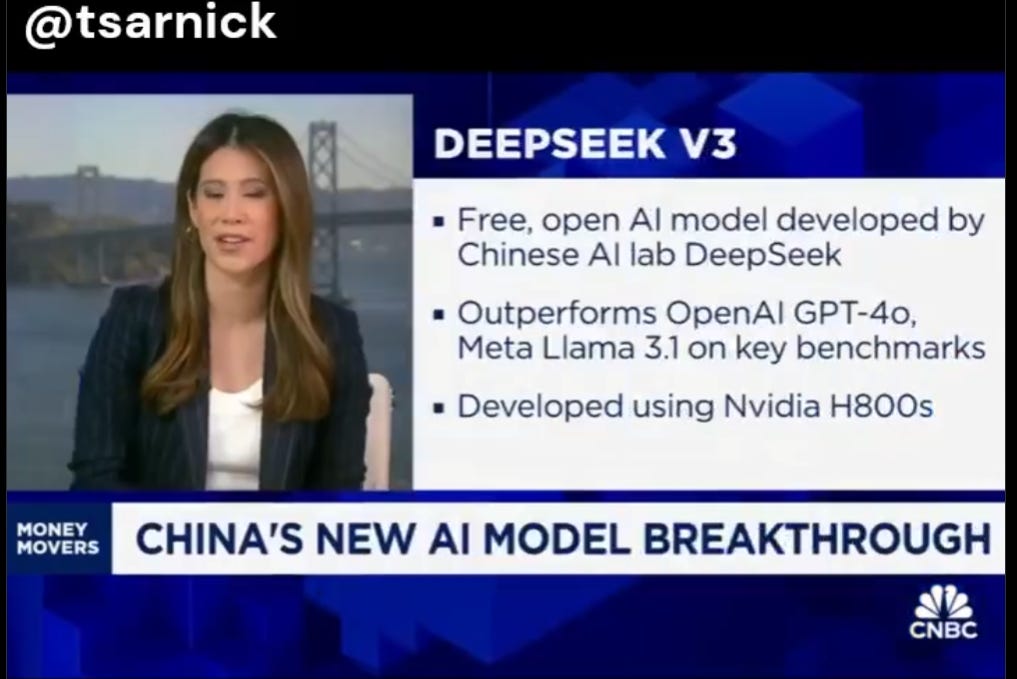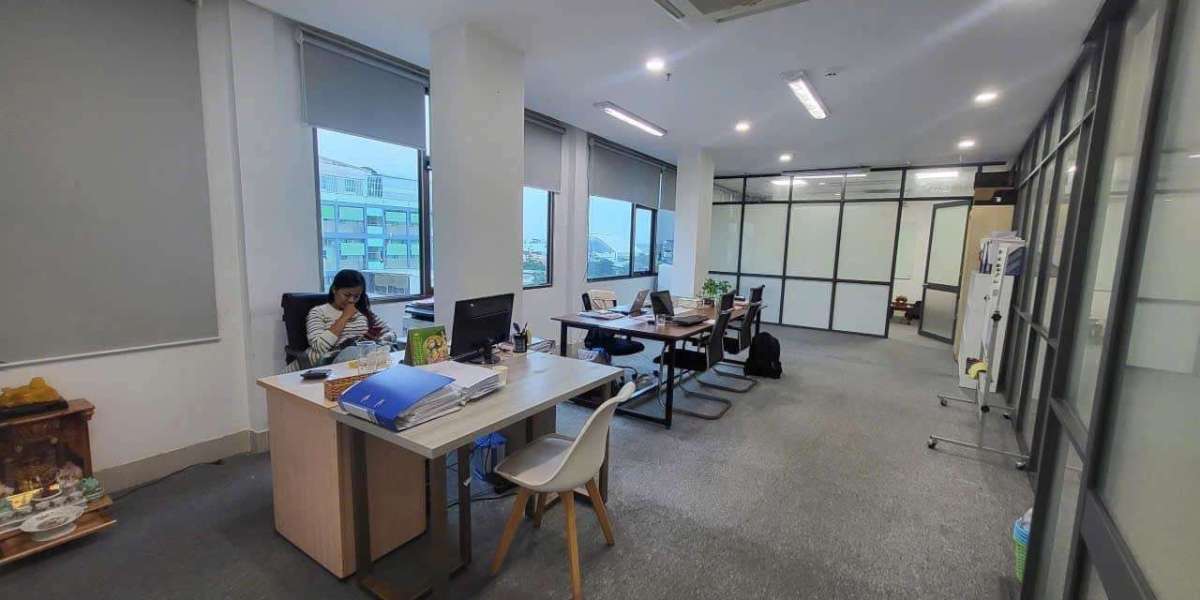
AI Agents are going to play a significantly essential function in how cities function and how citizens ... [+] interact with their city government.

Despite significant improvements in digitalization over the past years, in most cities it's still cumbersome for constituents, organizations, and visitors to take part in even the many standard government services online. Sure, in smart cities like Singapore, Baku, and Dubai, many municipal services are streamlined and digital, but they remain the goal.

In truth, a neighborhood member in a typical US city typically needs to complete paper kinds or fill out online PDFs, and where services are digital, they are inconsistent and still need far a lot of complex steps. The digital transformation of local federal government is a multi-trillion-dollar opportunity still waiting to be completely realized. Might synthetic intelligence (AI), and specifically AI representatives, finally provide the leg up cities require?
Cities Embrace Expert System (AI)
It won't come as a surprise that AI is beginning to find a welcome home in municipal government across the world just as it has in every other market. According to the Hoover Institution, already 1 in 4 federal government workers frequently utilize generative AI for their work. That usage level will grow quickly over the next few months following similar patterns in the personal sector.
AI is finding its method into every aspect of city operations consisting of public safety, preparation, transportation, and person services. The most popular usages consist of job automation, assistance for wiki-tb-service.com decision-making, and engagement with the community.

City leaders are recognizing the wider chance with AI and are largely accepting it. That said, they currently face substantial challenges from their own bureaucracies, regulations, and lack of technical know-how, to dangers such as personal privacy and hallucinations that do not have a resolution yet. Most restrictions, however, are short-term and quickly city leaders and companies will discover greater ease and more need for implementing AI-powered solutions.
WWE Royal Rumble 2025 Results: Charlotte Flair Wins And Everything That Happened
WWE Royal Rumble 2025 Results: Jey Uso Shocks The World, Seth Rollins Destroys Roman Reigns
WWE Royal Rumble 2025 Recap: Winners, Eliminations And photorum.eclat-mauve.fr Reaction
AI Agents Arrive On The Scene
Perhaps the emerging AI innovation that promises the most extreme shift in how individuals experience their city government will be through the release of AI representatives. An AI agent is a system that acts individually to process information and after that take actions to achieve particular goals. Rather than an individual offering AI with the specific actions needed to get something done, the guarantee of an AI representative is that it can figure out the optimal actions and after that go about getting them done.
OpenAI's new service, Operator, annunciogratis.net is an example of a generalized AI agent. Ask it to find your preferred seats for an upcoming performance and make the reservation on your behalf and off it goes.

This, of course, is simply an easy tease at what will be possible in the near future when, for example, AI agents combined with robots will autonomously perform the totality of complex tasks.
Transforming The Government Experience
It's still early for AI representatives in the private sector and even earlier for them in public agencies. However, utahsyardsale.com one solution, SuperCity AI, offers an early look at what is coming quickly to our cities.
SuperCity is an app that is reconsidering how AI can be used to supply a better experience in how citizens engage with their city in locations such as finding information, paying costs, and reporting an issue.
Apps that play in this area are already numerous, from SeeClickFix to Nextdoor, and numerous efforts have actually been made to hit the sweet spot of convenience and stickiness.
Cities often offer their own solution in addition to completing with offerings from the economic sector. The proliferation of neighborhood engagement apps for a single city alone creates confusion when people don't know what to utilize for an offered service, but more broadly, these apps with couple of exceptions have actually stopped working to fulfill expectations.
The team behind SuperCity featured substantial government and innovation credentials. Miguel Gamiño Jr., no stranger to city management having actually served formerly as the head of innovation in the cities of El Paso, San Francisco, and New York City, has actually signed up with forces with his two partners, David Lara, formerly the Chief Administrative Officer at New York City City Hall, and Niko Dubovsky, who's operated in the start-up world for several years.
The group's enthusiasm for civil service together with a deep understanding of how cities work are properties that they are giving building this service. This combined with advanced AI adoption does not ensure their success however definitely offers them with some early advantages.
The SuperCity starting group. From Left to Right: Niko Dubovsky, Miguel Gamiño Jr., David Lara.
Their objective with SuperCity is to provide a secure and private digital one-stop-shop for locals and to utilize AI to minimize different components of friction between the user, the app, and town hall. That friction ranges from locals who are overwhelmed with unneeded notices to the complexity of supporting the required user interfaces with agency systems. For instance, instead of the city being required to manage the complex combination of accepting payments from the app for say, a parking ticket, SuperCity uses AI to satisfy city requirements and after that flawlessly log in and send the payment.
Removing the complexity for both the user and the city likewise indicates that this single app can be utilized in various cities without requiring the user to download a new app with an entirely various process.
While many apps require the user to locate the function they need, SuperCity will soon present itself as a conversational bot. A citizen will merely discuss what they need and the app will use AI representatives to bring out as much of the need with little, if any, user engagement.

Conversational bots are already one of the most popular usages of AI across industries in the area of customer care. Could they likewise be the future interface for the majority of city interactions too?
The Urgent Future Of AI In Cities
As impressive as the last two years have been, cities are trailing the economic sector by a large margin in moving from experimentation to adoption of AI across their functions.
From time to time, a brand-new innovation arrives that has the power to drastically disturb the status quo in a favorable method. AI for cities provides maybe an once in a lifetime shift that will alter what cities do and how they function. City leaders require to increase the urgency of their AI efforts and ensure they are designating suitable resources and skills.
In the short-term there are opportunities to have AI enhance and improve current operations from community-facing services to data-driven decision-making. Longer term, AI agents will finish whole city services with little or no human interaction on the backend. It's possible too, that faster than later, AI will usher in an age without the need for sites and apps.
As the SuperCity app demonstrates, AI and AI agents paired with novel ideas offer city leaders an entire brand-new toolkit loaded with possibilities. The time to define an AI future for cities is now.









